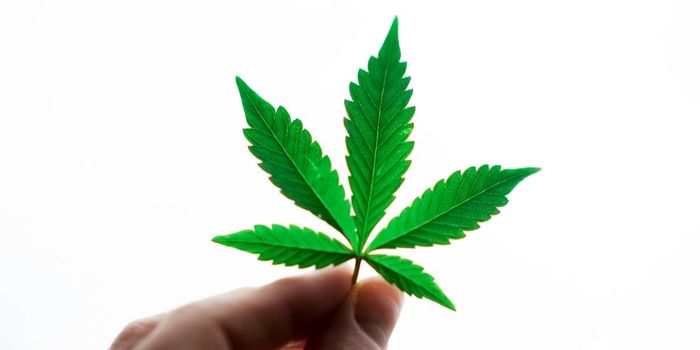Coffee's Impact on Cholesterol Depends on Drinker Sex, Brewing Method
Coffee is one of the most popular beverages on the planet. Produced from the seeds of the Coffea plant, coffee beans are harvested in large quantities each year. A single plant alone can produce a pound or two of coffee beans each year
While coffee itself has no cholesterol (and, in fact, does have some health benefits), specific chemicals in coffee, such as diterpenes and cafestol, have been shown to cause an increase in blood cholesterol levels, a key driver of conditions like heart disease. It’s been documented that certain kinds of brewing methods may impact the concentration of these chemicals in your cup of joe.
A new study published in the journal Open Heart examines the intersection of a drinkers sex and the brewing method, offering a more detailed look at what shapes coffees impact on cholesterol levels
Specifically, researchers wanted to compare different brewing methods (espresso, filter, pods, etc.) in people 40 years of age and older. The study included about 21,000 participants (men and women), who participated in the Tromso study, a population study conducted in Norway. Researchers pulled on survey data from the study that asked about frequency of coffee consumption and what methods participants used to brew coffee. Background information about participants’ health was collected to rule out other potential causes of cholesterol. Blood samples were also collected to measure serum cholesterol levels.
Overall, men reported slightly more average coffee consumption compared to women (5 cups a day versus 4). Other key trends include:
- Men who drank 2-3 cups of espresso a day had significantly higher serum cholesterol levels compared to those who drank none, the highest difference between the sexes.
- Consumption of 6 more cups of coffee brewed with the plunger method also led to higher cholesterol levels in both men and women.
- Drinking 6 or more cups of filtered coffee correlated to higher cholesterol levels in women, but not men.
Given coffee’s popularity and how frequently it’s consumed, paying attention to the health impacts of coffee drinking is vital.
Sources: EurekaAlert!; Open Heart








